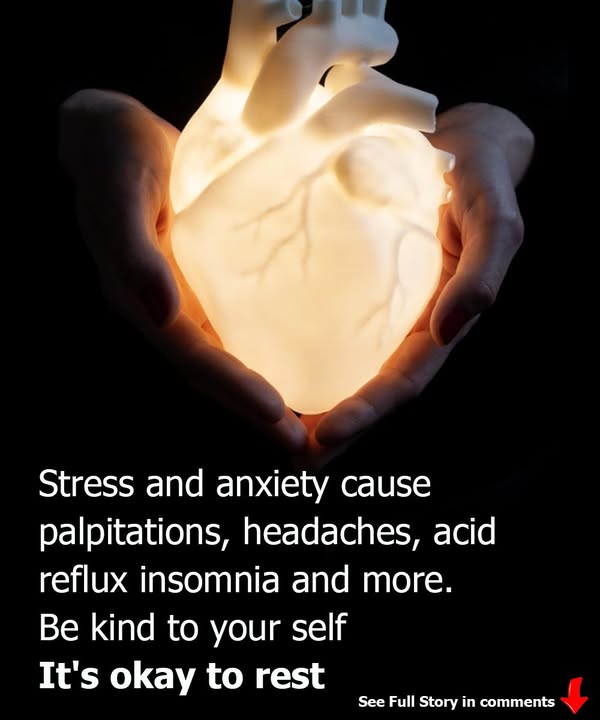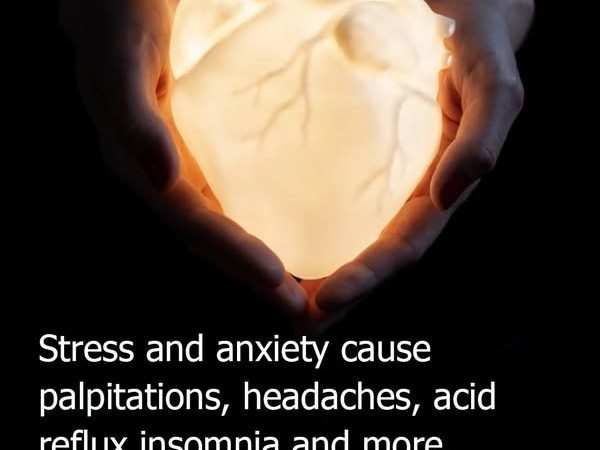
Signs of Stress and Anxiety and How to Cope
Stress and anxiety are normal reactions to life’s challenges, whether from a busy lifestyle, too much work, or not managing emotions well. Here are seven common signs that these might be affecting your health.
- Muscle Tension
One clear sign of stress is muscle tension. When under stress, muscles, especially in the neck, shoulders, and back, tighten up as a natural defense. This constant tightness can cause long – term pain and discomfort.
Solution: Relaxation techniques and stretching can help ease muscle tension. - Headaches
Stress often triggers tension headaches. The scalp and neck muscles contract, giving a feeling of pressure around the head. In bad cases, stress can even cause migraines.
Solution: Learning stress – management methods like meditation, exercise, and deep breathing can help reduce headaches. - Digestive Issues
The digestive system is very sensitive to stress. Many people feel nauseous, have diarrhea, constipation, or stomach discomfort when stressed. Stress can also make conditions like irritable bowel syndrome (IBS) or acid reflux worse.
Solution: Eating a healthy diet and avoiding too much caffeine or irritating foods can help ease digestive problems. - Irregular Heart Palpitations
Feeling your heart race or beat irregularly can be a sign of stress and anxiety. Usually, these palpitations aren’t dangerous, but if they happen often, they need attention. Long – term stress and anxiety can increase the risk of serious heart problems, such as high blood pressure and heart disease.
Solution: Exercise, getting good sleep, and cutting back on stimulants like caffeine can help regulate heart rhythms. - Irregular Menstrual Cycles
The reproductive system can be affected by long – term stress and anxiety. Women may have late periods, irregular cycles, or even miss their periods due to hormonal imbalances. In some cases, stress can make it harder to get pregnant.
Solution: Finding ways to reduce stress, improve sleep, and maintain a balanced diet can help regulate menstrual cycles. - Sleep Problems
Chronic stress and anxiety can lead to insomnia or make it hard to get a good night’s sleep. Many people’s minds keep racing when they try to sleep, making it difficult to fall asleep. Lack of proper rest makes daily life harder and adds to stress.
Solution: Create a relaxing bedtime routine, don’t use your phone before bed, and practice relaxation techniques like deep breathing or meditation. - Weight Gain
Long – term stress and anxiety can cause weight gain. Stress raises cortisol levels, a hormone that makes the body store more fat, especially around the abdomen.
Solution: Eating a healthy diet and staying physically active can help manage weight, even when you’re stressed.



